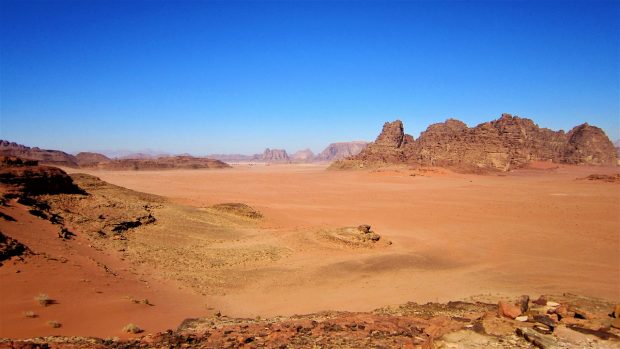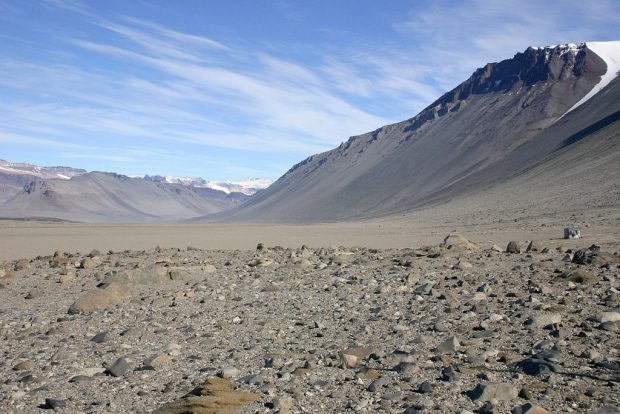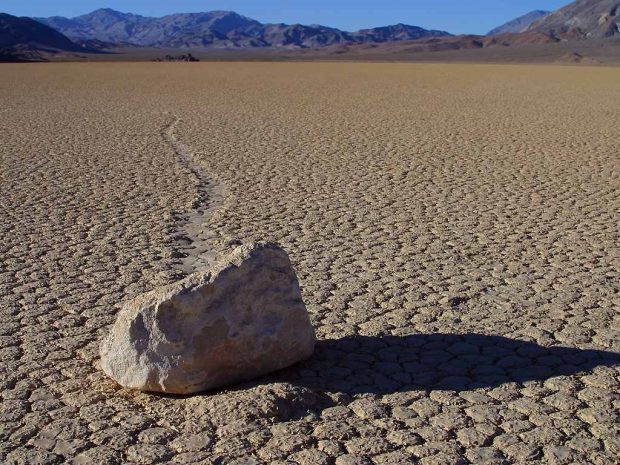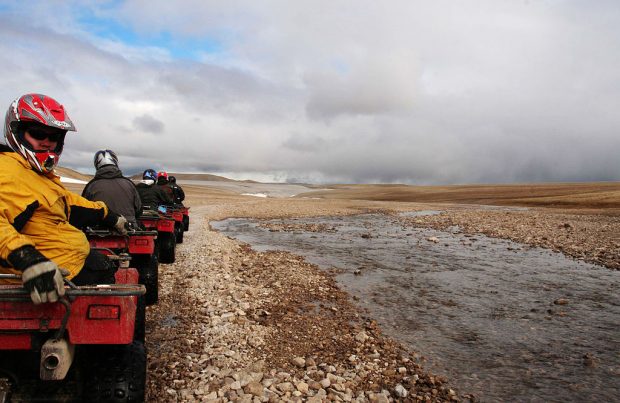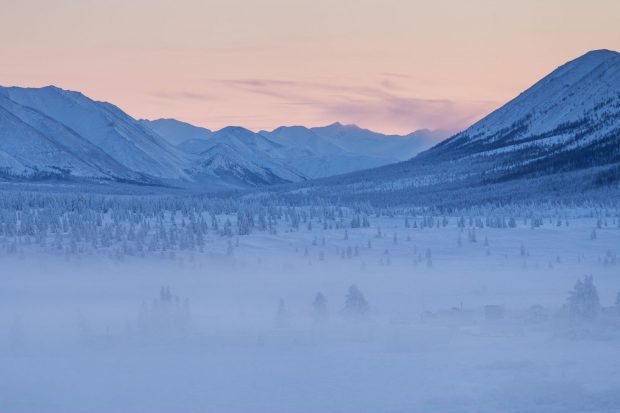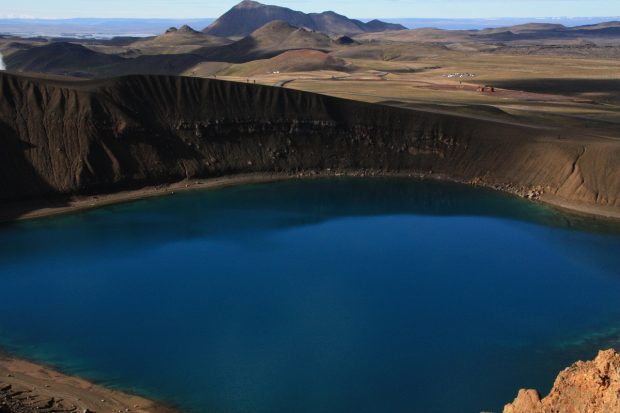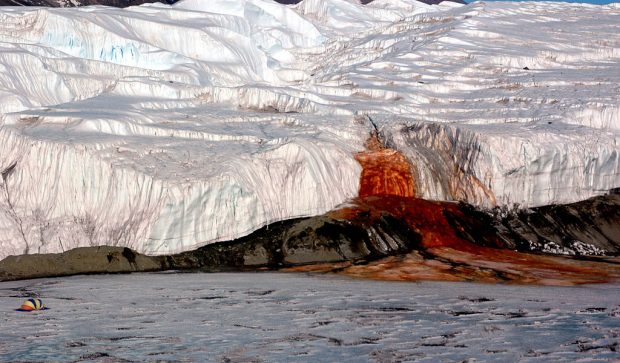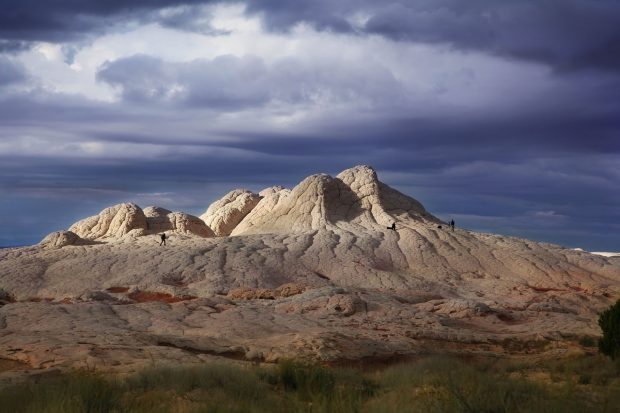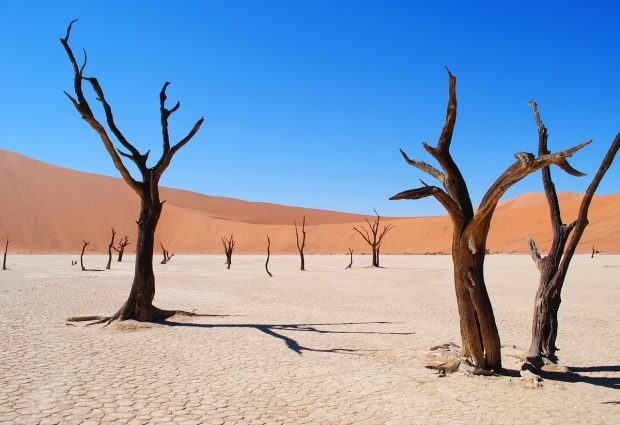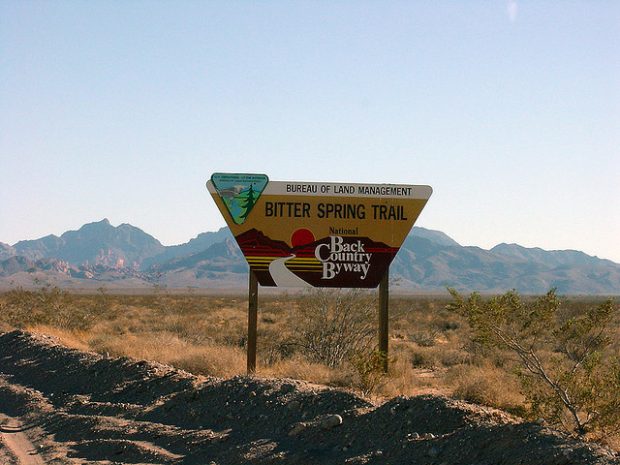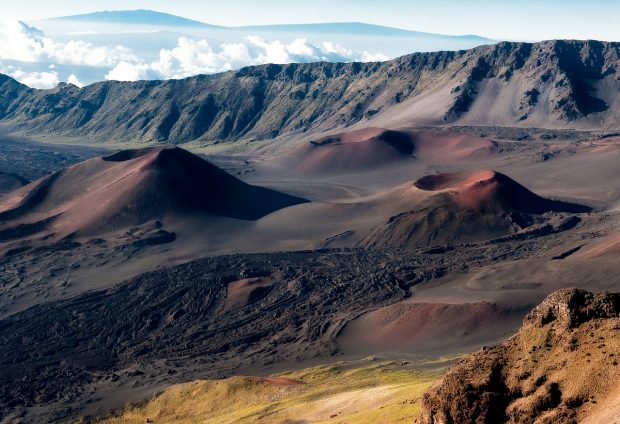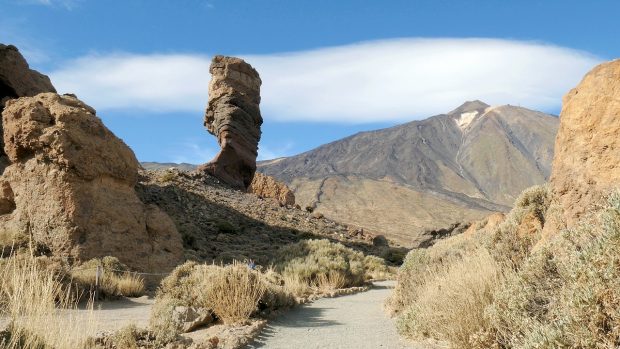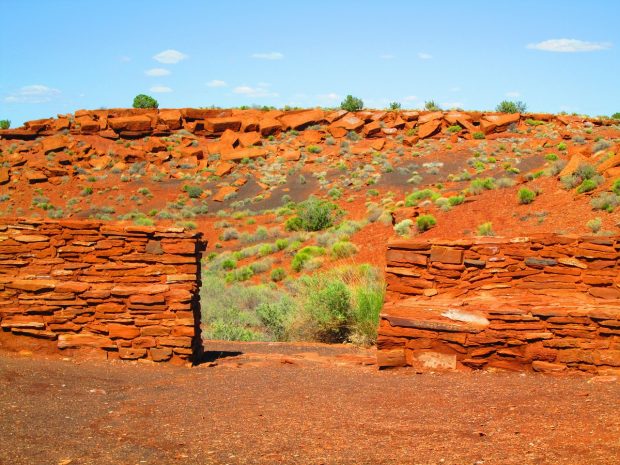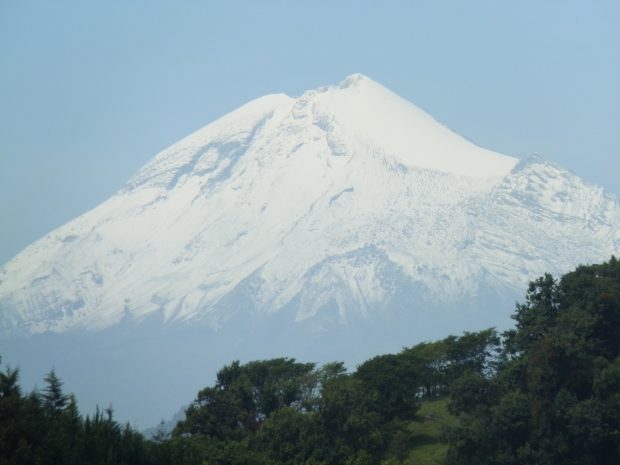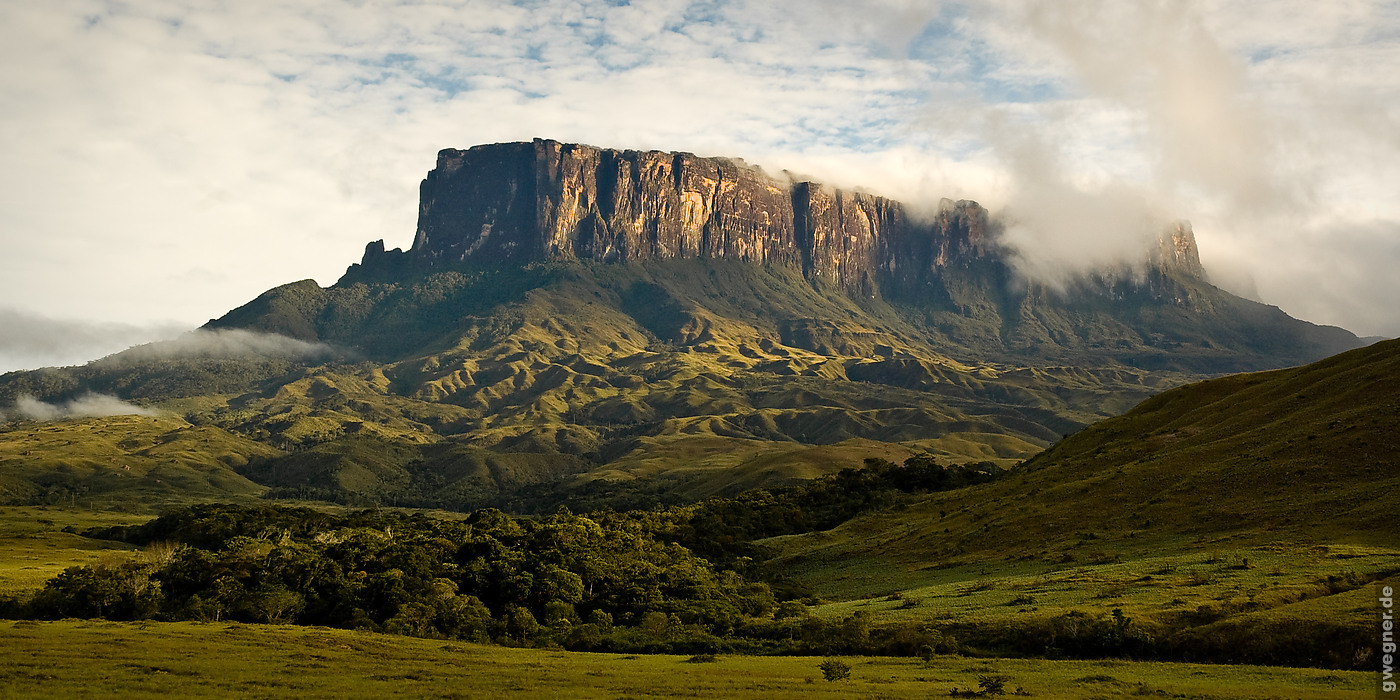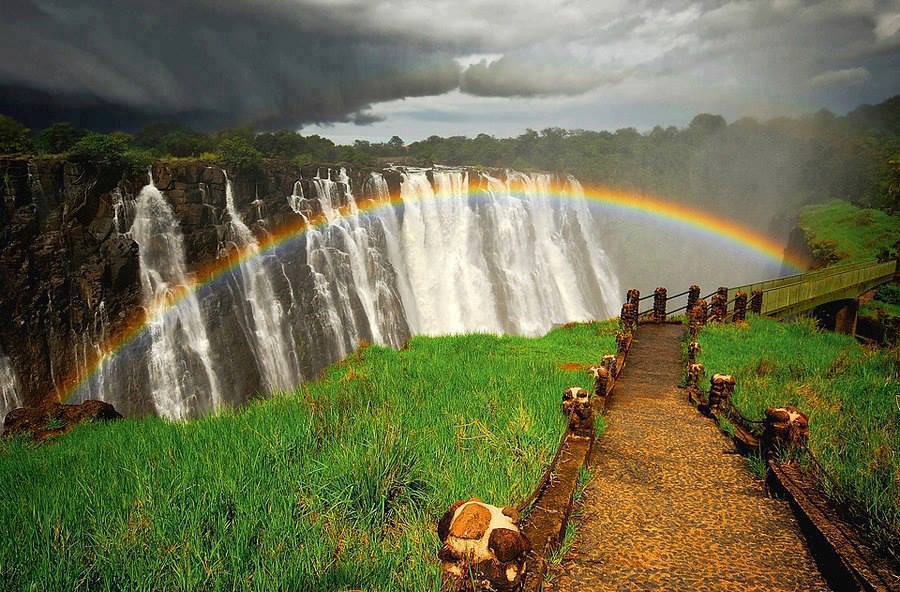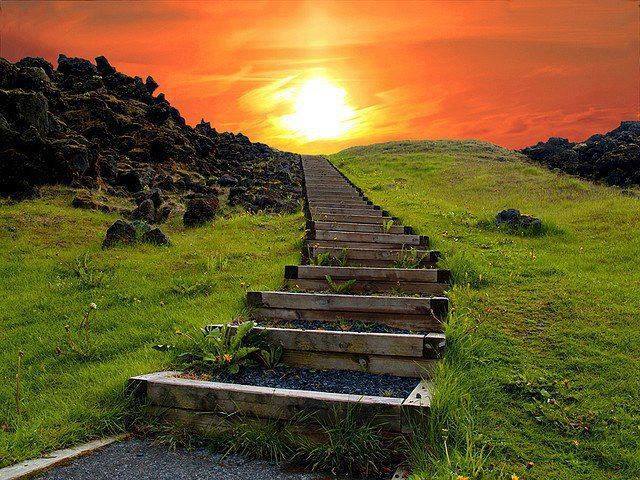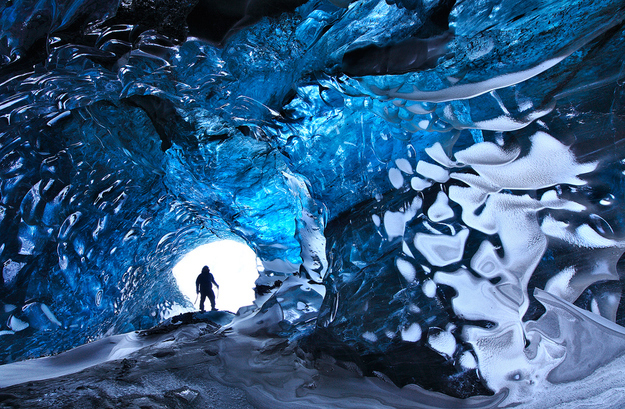Oscar winning movie Interstellar has raised a notion that we may all have to one day leave this ‘dying’ earth. Owing to destructive climate changes, climatologists predict that in millions years or so, an expanding sun will boil away our oceans, leaving our planet uninhabitable. If that’s too long a wait, you will be ‘glad’ to know that Andromeda galaxy is approaching towards our milky way, aiming to wipe out all life on Earth. But scientists say Mars will be our next ‘Earth’ if we successfully build a ship (like Noah) that can transport trillion of people.
But before we rehabilitate human colony on the face of Mars, don’t you want to see how our future would look like; where our great-great-great grandchildren will live if they survive the Earth. No, you don’t need to board a spaceship or put up a heavy space suit, the aeroplane will do just fine because there are a few places on the Earth which takes you closest to the Red Planet without leaving our beloved planet. Yes, we have a few alien landscapes on the Earth that closely replicate Mars’ settings from barren lava fields to dangerously cold climates.
The Wave, Marble Canyon, Arizona, USA
If this destination was not so popular, it can easily be mistaken for Mars. It’s remarkable undulating appearance along with massive sandstone structures make it look like a Martian landscape. It not only looks like Mars but also feels like it because many visitors feel intensely strange, surreal and vertigo while walking through the dunes.
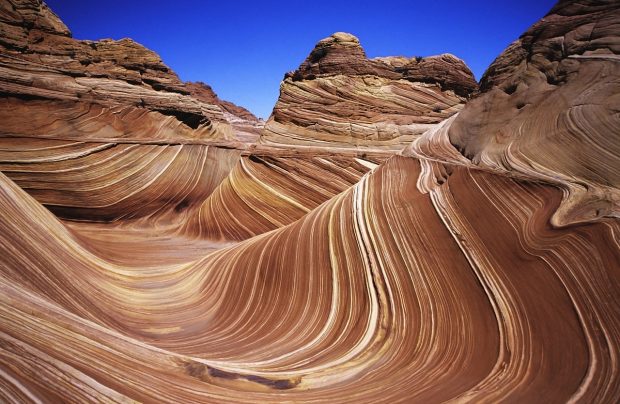
Atacama Desert, Chile, South America
It’s rugged and weary look make it look out of the earth. Why wouldn’t it? It is the driest place on earth. This desolate landscape is freckled with stubborn salt lakes, sand dunes and lava flows combined which is an ideal analogue for Mars. This place carries massive importance because the living thing in this place helps scientist study how life may survive in the arid soils on the red planet.
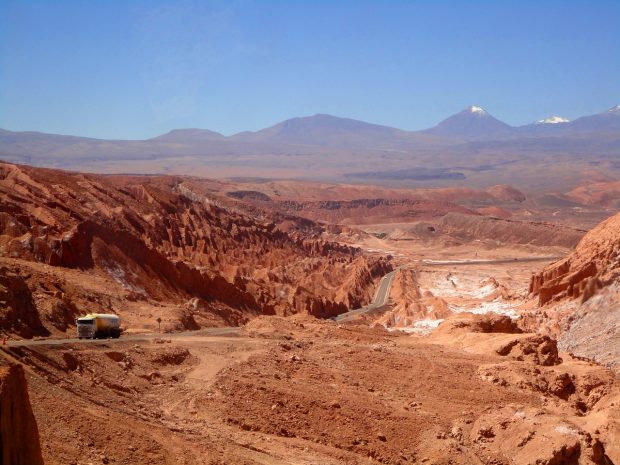
Wadi Rum Village, Southern Jordan, Jordan
You should see the sunset in Wadi Rum because it would definitely make you feel like taking a stroll on Mars’ red soil. The red dunes and rocks of this place can easily be used as double for Mars location. It is where the popular Matt Damon starrer movie Martian has been shot. So if the breathtaking shots of Mars made you wonder – was this really Mars? No, it was Wadi Rum village.
The Dry Valleys, Antarctica
The photos of Dry Valley can be effortlessly traded as Mars because of its bone-dry look. This place is so dry and cold that snow doesn’t even collect here. The merciless Katabatic wind blowing through this valley can freeze one’s bones easily. Despite of these extreme conditions, hundreds of scientists visit this place because its atmosphere is the closest to the dry, cold windswept plains of mars.
Death Valley, Eastern California, USA
Imagine this place without blue and fluffy sky (you can Photoshop it if you want). You will see a place of Mars right on the Earth. It’s rocky surface, rugged look, rough appearance make it more like Martian than earthy. Apart from its unique beauty, it is also famous as the homeland of the Timbisha Shoshone tribe.
Devon Valley, Canada
If you want to take a cheap trip to Mars without losing millions or selling out your organs to bear expenses, you can visit this place. We guarantee that it will not disappoint you. It will give you the feeling of a lone planet as it is the largest uninhabited island on the earth. Although summer is not the ideal season to visit this place, its rocky surface makes its ideal place to test rover technology for exploration on Mars. On top of it, it also has 12-mile long Haughton crater which resembles the crater-strewn topology found on Mars.
Oymyakon, Oymyakonsky District, Russia
This place registers its resemblance with Mars because of its temperature. Situated deep in Siberia, just a few hundred miles from the Arctic Circle, this place is known as the coldest spot on the face of the Earth with only 500 residents. The temperature of this place can go as low as -96.16 Fahrenheit which is lower than the average temperature on Mars (-80 Fahrenheit). So if you want to feel the chill, walk naked on this ground. Unfortunately, you will not be able to understand because you will be frozen to death in less than one minute.
Krafla, Iceland
This place is a sitting active volcano which gives this place a Martian look. This zone is 10 kilometres long and two kilometres deep, positioned on the boundary between the American and Eurasian tectonic plates. Black and red lava fields, the bubbling pools of mud and gently wafting thermal flumes make the place look so alien that European researchers plan to use it as their base to study human in Mars-like conditions.
Blood Falls, Antarctica
The is itself a breathtaking view; blood red waterfall pours very slowly out of the Taylor Glacier in Antarctica’s McMurdo Dry Valleys. It shows that life can exist in the extremist condition. So scientists assume that if it can be possible on Earth, it can be on other planets with similar environments and similar bodies of frozen water, notably on Mars.
White Pockets, Vermilion Cliffs, Arizona, USA
If you just eliminate the water part, this place is nothing like earthy. The place would be more real if we tell you it is a Martian landscape. Its unique pattern and design makes its more alien, not to forget red colour of the cliffs. It could be easily mistaken as some place on Mars.
Dead Vlei, Namibia, Africa
The unique pattern of these dunes closely replicates the photos we generally see of Mars on the internet. If we see its history, it is also more like Mars. Scientists assume that Mars had water, but for some unknown reason, the land just dried up leaving the place uninhabitable. The same happened at Dead Vlei. Some 900 years ago, climate dried up and dunes cut off Dead Vlei from rivers. The land turned so dry that the trees could not decompose and it just turned black due to extreme heat.
Bitter Springs, Coconino County, Arizona, USA
The canyons near Bitter Springs look majestic and rugged just like you imagine a Martian landscape to look like when you land on the Red Planet. The clear blue sky, the red soil covered up the whole surface, rock-strewn surface make it the perfect Martian landscape. By looking at it, you could tell that it could be the favourite hangout spot on red planet.
Mauna Kea & Haleakala, Hawaii, USA
You might not know Hawaii have some pretty harsh otherworldly landscapes apart from fresh waterfalls and serene beach view for which this place is mostly known for. Owing to its rocky, volcanic, dusty nature, NASA has chosen this as testing sites for rover technology. And surprisingly, the data collected by the Curiosity Rover shows that the soil composition on Mars eerily similar to the soil composition found on Hawaii.
Teide National Park, Canary Islands
This place makes for a perfect analogue for Mars due to its rugged and stony look which closely resembles the surface of the Red Planet. You might not see any difference if you are called upon to tell whether it is a real photo of Mars. Owing to its perfect atmosphere for Mars, a research team went to this spot to test an instrument that the team members plan to use in the next Mars expedition which is purposed to search for Biosignatures on the Red Planet.
Wupatki National Monument, Coconino County, USA
This native American ruins can be potential double for areas on Mars which are less red. This vast area includes three contributing buildings and 29 contributing structures. The dwelling’s walls were constructed from thin, flat block of the local Moenkopi sandstone giving the pueblos their distinct red Martian colour. If Mars’ people (if there any) decide to build a monument like this, it would definitely resemble our Earth’s Wupatki Monument.
Pico De Orizaba, Mexico
Researchers did not take much time to notice that this place has some unexplainable resembles with the Red Planet. This is why they have chosen it for study. They have been studying the treeline on the Pico De Orizaba volcano, which is the world’s highest treeline, to know whether it is possible to create human colony on Mars. What they find through these researches certainly make Mars a habitable planet.
So you don’t have to travel 140 million miles on a spaceship to experience Mars, you can feel it, grab it and photograph it (selfies mostly) whenever you want. So fellows, gear up for an alien adventure.
Author Bio:
Ava Lee has been furiously blogging as a traveller after a vigorous battle with her fear of flying restricted her from visiting far-flung destinations. Her goal in life is to discover new places, meet new people and take time to learn their cultures and values. She also has written some inspiring travel articles and stories and worked as a fellow writer at MyAssignmentHelp providing essay help to students.

